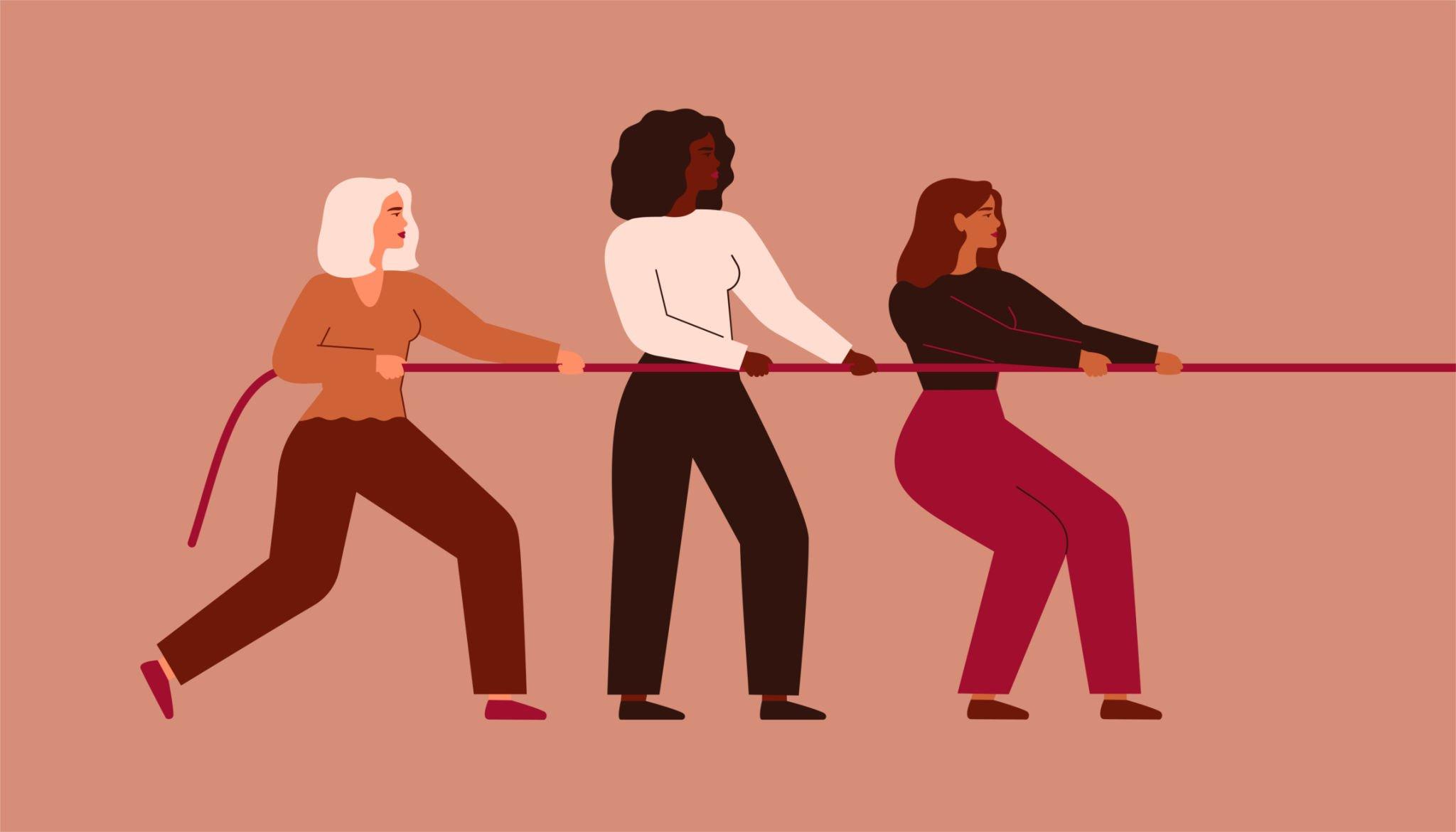In a nation brimming with cultural diversity and economic growth, India’s workforce stands as a testament to the country’s resilience and potential. However, amidst this dynamic landscape, women continue to face a myriad of challenges that hinder their full participation and advancement in the professional realm. Understanding these hurdles is crucial to fostering a more equitable and inclusive workplace for all.
Women in Workforce: Overcoming Challenges
1. Gender Pay Disparity: A Persistent Divide
Despite significant strides in education and professional skills, women in India continue to earn substantially less than their male counterparts. According to the World Economic Forum’s Global Gender Gap Report 2022, India ranks 135th out of 146 countries in terms of pay parity, with women earning only 18% of the total labor income compared to 82% for men. This persistent pay gap stems from a complex interplay of factors, including societal stereotypes, discriminatory hiring practices, and the undervaluation of women’s labor.
2. Sexual Harassment: A Threat to Safety and Dignity
Sexual harassment remains a pervasive issue in Indian workplaces, creating a hostile and intimidating environment for women. From unwelcome advances and inappropriate comments to physical assault, sexual harassment manifests in various forms, often leaving women feeling powerless and vulnerable. The fear of retaliation and the lack of effective reporting mechanisms further exacerbate the problem, silencing victims and perpetuating the cycle of abuse.
3. Balancing Work and Family Responsibilities: A Tightrope Walk
Women in India often shoulder the disproportionate burden of domestic responsibilities, juggling childcare, eldercare, and household chores alongside their professional commitments. This dual role can lead to immense stress and burnout, impacting their productivity, career advancement, and overall well-being. The lack of adequate childcare facilities and flexible work arrangements further complicates this balance, forcing women to make difficult choices between their professional aspirations and personal lives.

4. Stereotyping and Discrimination: Undermining Potential
Deep-rooted gender stereotypes continue to limit women’s access to opportunities and advancement in the Indian workforce. Women are often relegated to lower-paying, less prestigious positions, while men are disproportionately represented in leadership roles. This pervasive bias stems from societal expectations and preconceived notions about women’s capabilities, leading to unfair treatment and a glass ceiling that hinders their professional growth.
5. Lack of Support Systems and Mentorship
Women in the Indian workforce often lack access to adequate support systems and mentorship, hindering their ability to navigate the complexities of the professional world. The absence of role models and mentors can leave women feeling isolated and unsupported, making it difficult to build networks, access opportunities, and advance their careers.
6. Inadequate Maternity Benefits and Workplace Protections
Despite legal provisions for maternity leave and workplace protections, women often face challenges when balancing their parental responsibilities with their professional commitments. The lack of flexible work arrangements, inadequate childcare support, and discriminatory attitudes towards pregnant women can lead to career setbacks and financial hardship.
7. Prevalent Masculine Work Culture: A Barrier to Inclusion
The Indian workplace often adheres to a predominantly masculine work culture, characterized by long hours, intense pressure, and limited flexibility. This culture can be unwelcoming and challenging for women, particularly those with families or other personal responsibilities. A more inclusive work environment that values work-life balance and accommodates diverse needs is essential for women’s full participation and success.
Conclusion: A Call for Collective Action
Addressing the challenges faced by women in the Indian workforce requires a multi-pronged approach that involves concerted efforts from individuals, organizations, and the government. Empowering women with education, skills training, and mentorship opportunities is crucial to enhancing their employability and career prospects. Fostering a culture of gender equality and respect within workplaces is essential to eliminate discrimination and harassment. Implementing effective policies that promote work-life balance, provide adequate maternity benefits, and enforce workplace protections is crucial to support women’s participation and advancement. By addressing these challenges, India can unleash the full potential of its female workforce, driving economic growth, social progress, and a more equitable future for all.

